Vegetarianism affords an ethical diet for peace and plenty. It is good for health, spirituality, sound ethics, balanced ecology and favorable economics. These are among the reasons a plant-based diet beats meat eating.
In India, the land of AHIMSA (nonviolence) people have traditionally been vegetarian. Hailing from a family of staunch vegetarians, I consider myself fortunate to be living in harmony with the principles of nature. I strongly advocate a vegetarian diet, which I find superior not only from a moral stance, but also from the health and culinary points of view. Guests at our home, coming from both vegetarian and non-vegetarian backgrounds, are always overwhelmed with what they describe as the unbelievable taste and richness of our vegetarian cuisine.
Sadly, in recent times many Hindus, Jains and Buddhists, especially of the younger generation, are no longer so strict about our precepts and have taken to non-vegetarian food, mostly following the misconception that meat-eating is healthy. Truth must be told; a vegetarian diet is actually much healthier than one based on animal protein. It is argued that there is a lot of protein in meat and eggs, but we do not need so much concentrated protein in our diet. There is plenty of protein in nuts, seeds, pulses and dairy products, which are also far easier to digest.
Vegetarianism supports mental and physical health as well as spiritual cultivation. Fruits, vegetables, pulses, nuts and milk products provide a balanced diet, which does not make our system toxic. This is primarily because when an animal is killed, it becomes dead matter. In the case of many vegetables, if we eat part of the vegetable and re-plant another part, it can grow again; it is still a living organism. It is a healthy sign that more and more people in the US, UK, Europe and other parts of the world are taking to a vegetarian diet in modern times, chiefly due to health reasons. There is a growing acceptance in the West that vegetarianism connotes a more positive way of living than flesh eating. In India, the pilgrimage destination of Haridwar still enjoys the status of being a vegetarian city.
Even in Japan, known to be virtually 100 percent non-vegetarian, you can now find vegetarian restaurants. My friend Martin Gluckman, who runs the Vedic Society and teaches organic and Ayurvedic cooking in South Africa, hails Indian vegetarianism in the following words: “India has the world’s greatest cuisine and most variety of dishes, boasting to its amazing cultural and spiritual heritage. It has a timetested vegetarian cuisine offering a delight for all senses and the heart.
India can be proud to have the world’s largest per-capita number of vegetarians (I have read reports of more than 40%). No other country can make such a statement of humanity and nonviolence. The vegetarian culture and lifestyle are India’s greatest achievement and gift to the world. Only in years to come will the true value of this gift be known.” It is important that we remain vegetarian not only for our health and nutrition, but from the points of view of spirituality, compassion, ethics, ecology and economics as well. When we see the end product of meat in the supermarket or leather in the shoe store, there is a long chain of violence that created it.
These products endorse and perpetuate violence in our society, which contributes to the terrorism that is rampant across the world. Eating habits reflect upon a human being’s thoughts, speech and behavior. A non-vegetarian diet makes one prone to violence. By moving away from food of violence we can move rapidly toward world peace.
Albert Einstein affirmed, “It is my view that the vegetarian manner of living, by its purely physical effect on human temperament, would most beneficially influence the lot of mankind.” When a helpless animal is killed by a deliberate act of violence, it dies in great dread. Its body is flush with hormones produced by fear. These toxic substances enter the body of the person who eats the flesh and adversely affect his or her body and mind. I have always wondered, how can the carcass of an animal that died in mortal fear give good health and refined, spiritual inclinations to its consumer?
Additionally, meat production is one of the most environmentally damaging industries in terms of pollution and inefficient use of agricultural land. According to a 2006 report from the United nations Food & agriculture Organization, livestock production is responsible for more greenhouse gasses than all the motor vehicles in the world, plus it severely degrades land and water. It is also necessary to remove the myth and argument that vegetarians will not get enough food if non-vegetarians do not eat meat. This is a fallacy. It has been conclusively proven that more people can be sustained on vegetarian food than a diet based on meat. Live- stock occupy over 30 percent of our planet’s land surface, and 33 percent of global arable land is used to grow their feed, pointing to why a meat-based diet requires seven times more land than a plant-based diet. Thus, one of the easiest ways to help restore our environment and feed more people is to stop raising and killing animals for human consumption. We have no right to take the life of an animal when we cannot give it.
Economically, a vegetarian diet is preferable to a non-vegetarian diet. The same energy one can get from meat and eggs one can get from pulses and cereals. It actually costs three or four times as much money to produce an equivalent amount of calories from animal sources as from vegetable sources. Some people may worry that self-control and too much care about nature would hamper development and bring about poverty. We know too well, however, that the more we consume, the more expensive things become, leading to the growth of the destitute class. Reckless commercial development also results in economic and social crises, bringing further suffering to the poor.
AHIMSA does not deny economic development; it only exercises self-control, limits our desires. Desires are endless. More and more desires give rise to materialism and extraordinary greed, far beyond basic human needs and sustainable consumption. Greed results in the destruction of the very roots of our life. If we want to prevent the world from becoming a barren desert and our societies from growing into monstrous systems of injustice and suffering, self-control and nonviolence appear as the only reasonable answer – not only for Jains, but for people of any creed. For any spiritual being, the destruction of life, be it in the air, the water or on the ground, is undesirable. But even if you do not subscribe to this principle, you will agree that reckless destruction of life could eventually lead to mankind’s own demise. Jainism is not the only Indian school advocating nonviolence and self-control as central principles. Buddhism and Hinduism equally preach them.

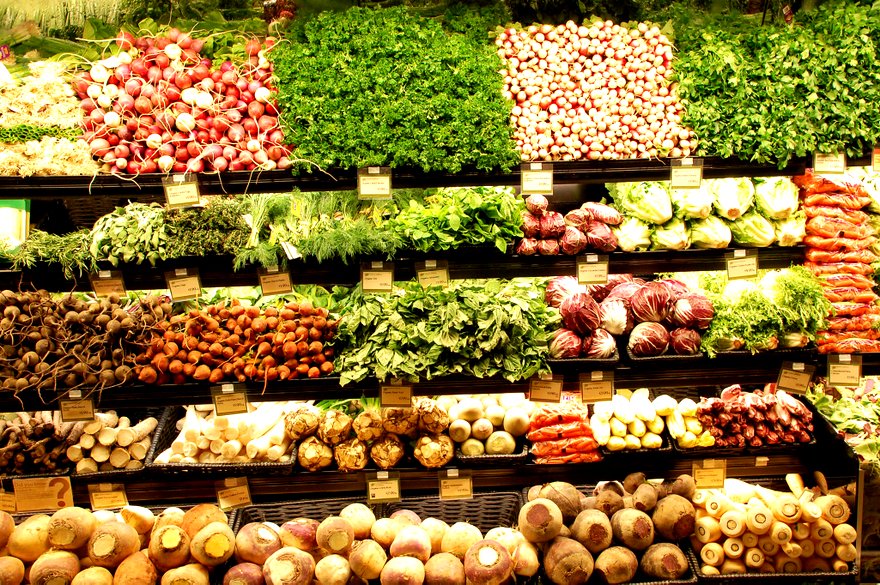
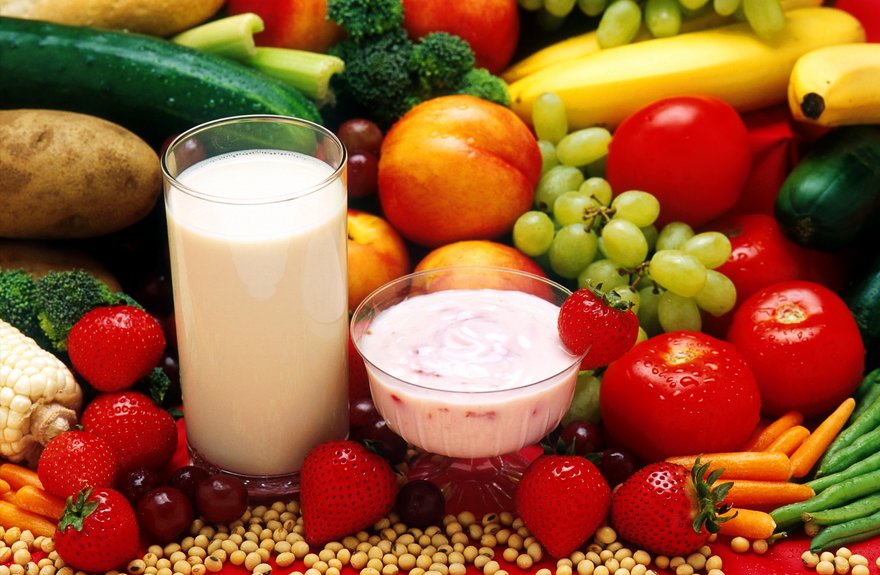
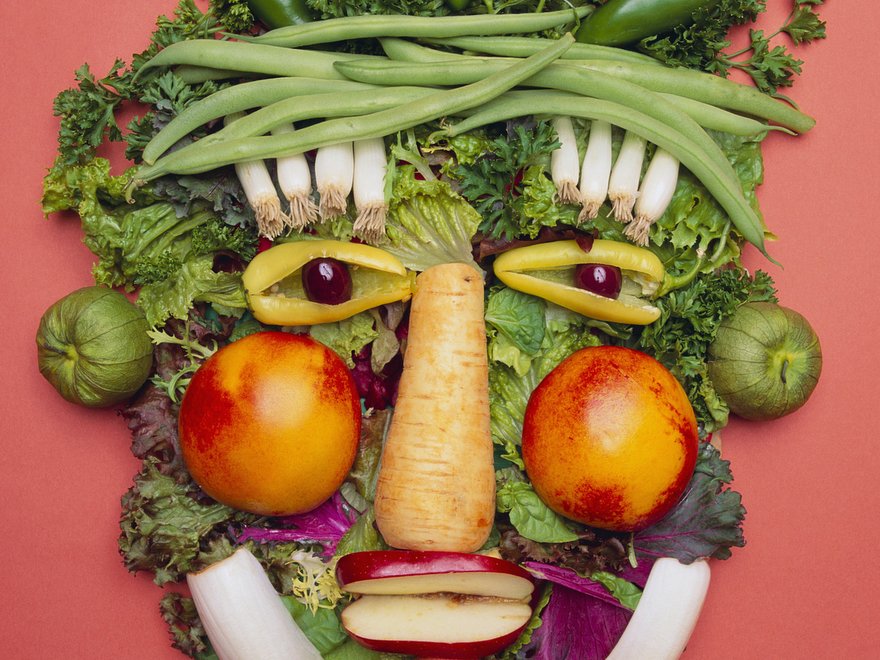
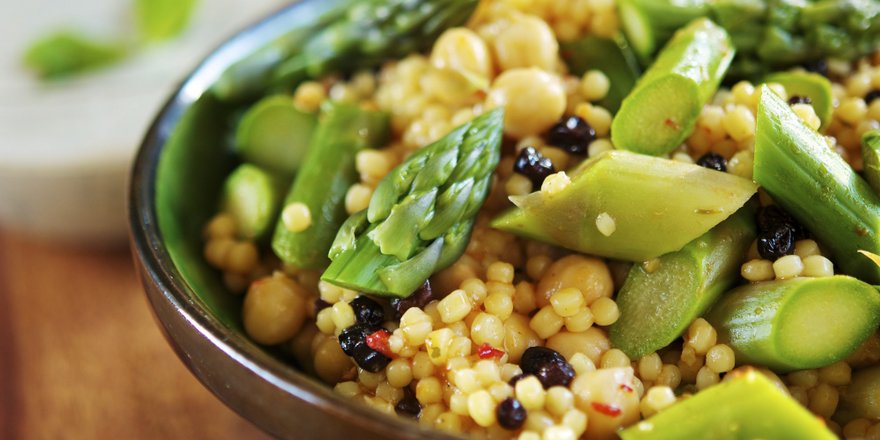

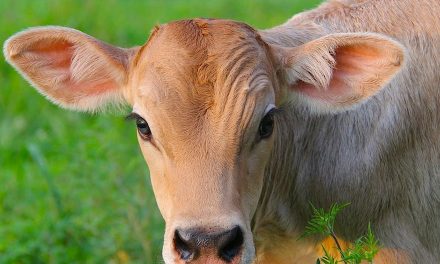
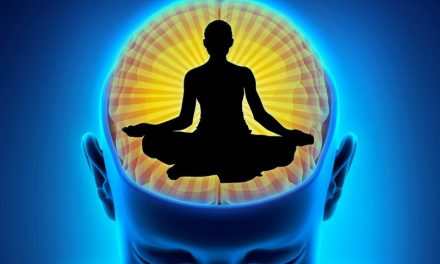






Thanks much for this important and sensible article. In this age of greed, indulgence, violence and other rajasik/tamasik behaviors (note that unlike satvik, these two traits both phonetically & literally connote some sort of sickness), its challenging to be vegetarian even though its the right thing to do.
We’re constantly bombarded with ads to the contrary whether they’re backed by fast-food or sporting or so-called “healthcare” / insurance or other entities. One can only hope that more and more people adopt vegetarian/vegan food choices in their daily lives as much as possible.